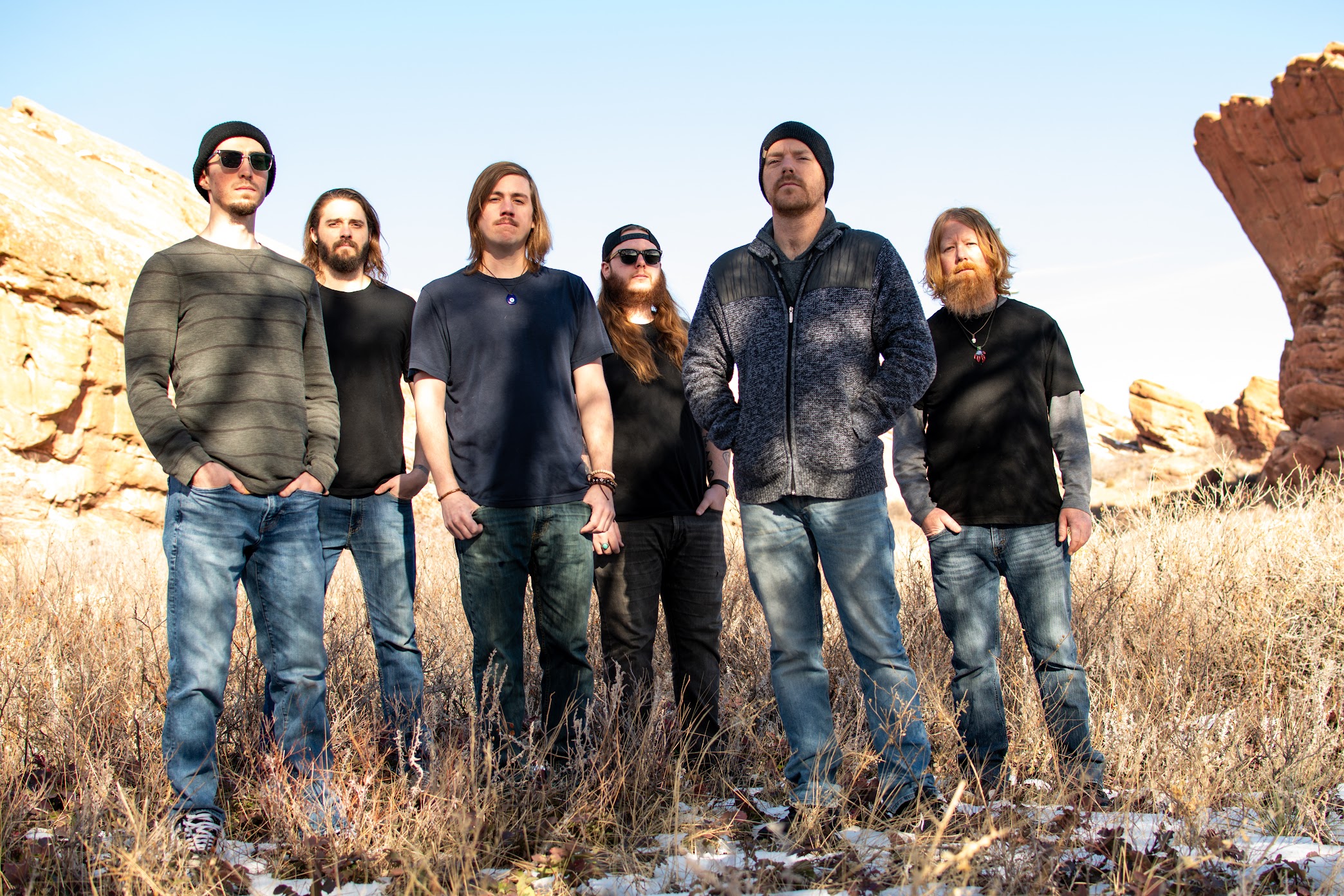Angels in America is a play that’s easy to have an opinion and feelings about, but difficult to write about, mainly because there is just so much going on. Each half runs over three hours and there are so many overlapping and interconnecting character arcs that keeping up with the performance while it’s going on is a feat unto itself. At its bare basics, Angels in America is a story about homosexuality and the AIDS crisis in the late 1980s. Prior Walter (Craig A. Bond) and Louis Ironson (Andrew Uhlenhopp) are a generally happy gay couple living in Manhattan. When Prior is diagnosed as HIV-positive, which—during this time—is basically a death sentence, Louis begins to doubt if he’s strong enough to stand by his partner during his upcoming health battle, but agonizes over what sort of man he would be if he left.

Joseph Porter Pitt (James O’Hagan Murphy) and his wife Harper Amaty Pitt (Haley Johnson) are new Manhattan transplants, having just arrived from Salt Lake City for Joe’s legal career. Being Mormons, they “don’t believe in homosexuals,” which is problematic because Joe is one, the knowledge of which causes the already fragile and Valium-addicted Harper to retreat into a fantasy world she creates for herself. Joe and Louis find each other, leaving Prior sick and angry with the occasional visits from his friend, nurse and former lover Belize (Tyrell D. Rae) as his only comfort, and Harper spiraling into delusional madness. Joe’s mother, Hannah (Michelle A. Grimes), arrives in town to see what’s going on with her son (and take care of her not-so-quietly-going-mad daughter-in-law), and eventually befriends the jilted Prior.
In case this isn’t enough to keep straight, there’s also the infamous New York lawyer Roy Cohn (Kurt Brighton). Having lived his life as a closeted homosexual, Roy is now dying a slow and agonizing AIDS-related death, which he uses all his legal and political clout to make sure, is referred to as “liver cancer” in the press. And then there’s that angel (Crystal Verdon) that literally crashes through Prior’s bedroom ceiling and tries to convince him that he’s a prophet.
To try to delve into every social, political, religious, historical, and emotional theme touched upon in Angels in America would take forever, so I will speak only of this particular production.
Bond is a standout as Prior, as he manages to convey the fragility that comes with his disease, but is still powerful enough to embrace all the hurt and anger he feels towards Louis. “Being a gay man in the community I wanted to file this project away for a time when I felt I could audition for it. I wanted to speak to Prior being one of the last voices because there’s a whole generation that sees it a different way,†says Bond, who is also the artistic director for Vintage Theatre.
Johnson and Murphy, as pill-popping Harper and the sexually confused Joseph are a standout duo. When the two take the stage together, all focus is on them. Johnson’s anxiety and delusion are almost uncomfortable to watch because it feels real. Murphy does an excellent job following one of the number one rules for actors and that’s reacting. His actions and reactions are honest and believable. For anyone that’s ever experienced dealing with a drug addict the feeling hits home. “She’s such a great role because you get these great sorrowful moments but then she gets her realization at the end,†says Johnson.

The cast as a whole does a phenomenal job of putting together this production. As stated before both pieces are around three hours each for a total of over six hours and with performances alternating between the two shows, it must be a difficult and draining task; however, we the audience see none of the stress. We see only passion, dedication and talent.
While Vintage does a fantastic job of putting up this production, there’s no denying that some of the content in Angels in America feels dated today. AIDS is no longer the instant death threat it used to be and the gay community isn’t being rapidly wiped out by this mysterious plague.
Bottom Line: Angels in America is an ensemble production, with the stronger performances helping to elevate the weaker ones, thus creating a relatively harmonious theater experience. At each half a little over three hours long (over six for both parts) and an abundance of subtexts, it’s not for the casual theater fan, but meant for those who truly like drama in their drama.Â
To see show times, purchase tickets or to learn more about Vintage Theatre, click here.




